Jesus did not create a new literary genre when He preached so strikingly in parables: He made brilliant use of a genre already of long tradition and familiar to the Mediterranean world. In Greece and Rome, rhetoricians, politicians, and philosophers employed parables. These 18 parables need to improve on modern understanding.
The Parable of the Sower
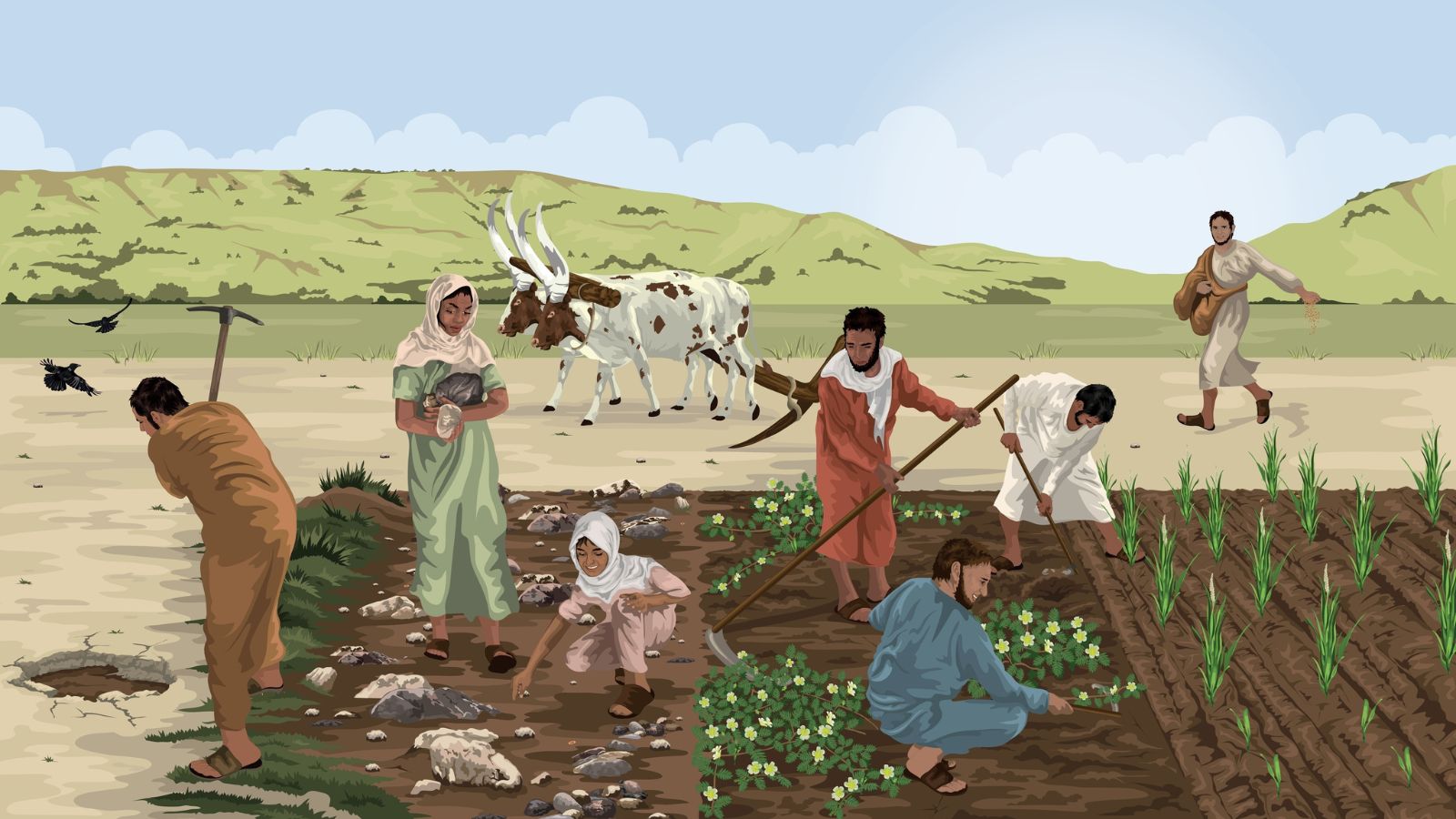
(Matthew 13:3–9) This parable is not just about evangelism but about how people respond differently to God’s word based on the condition of their hearts. The seed is God’s word, and the soils represent people’s receptiveness or lack thereof.
The Parable of the Persistent Widow

(Luke 18:1–8) The parable encourages persistence in prayer but is not meant to portray God as an unjust judge who is reluctant to answer. “We must always pray and never lose heart or give up when facing obstacles, but instead, pray continually like the widow who kept coming to the unjust judge,” suggests Encounter Church. Even if an unjust judge responds to persistence, how much more will a loving God?
The Parable of the Prodigal Son
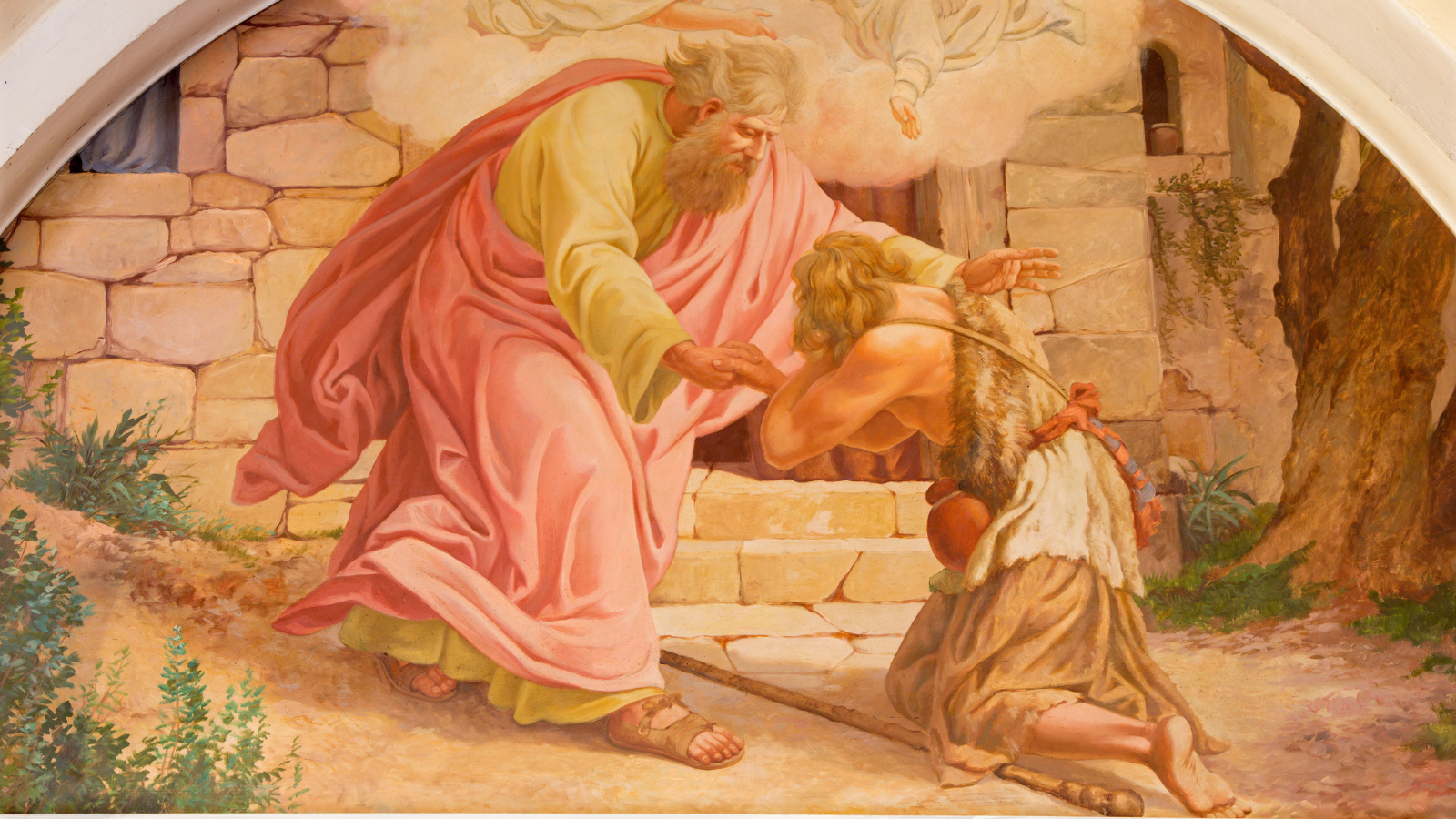
(Luke 15:11–32) The main point is not the prodigal son’s repentance but the father’s lavish love, undeserved forgiveness, and celebration at his return. It reveals God’s character as a loving Father who offers grace to the irreligious and morally upright.
The Parable of the Good Samaritan
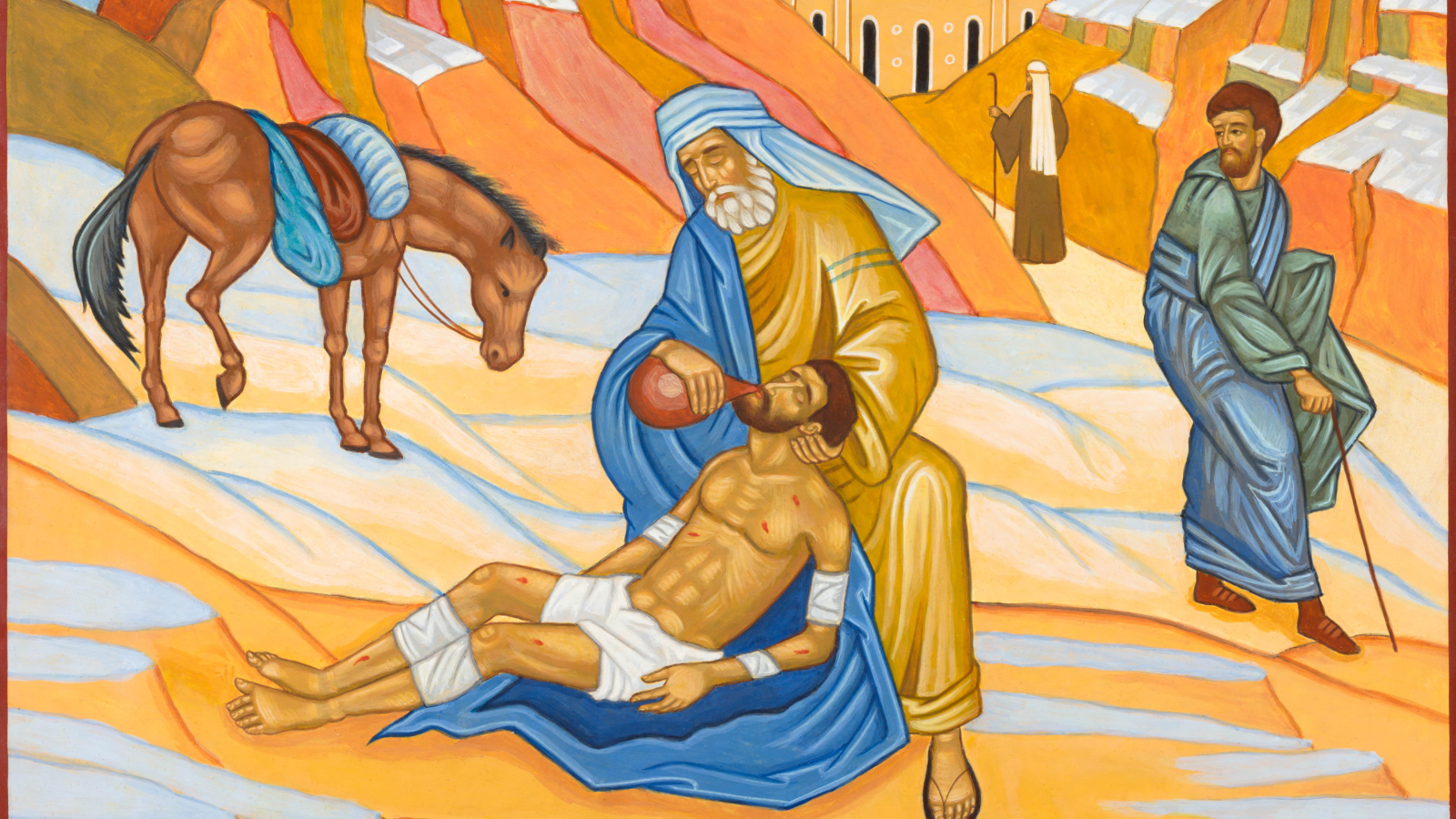
(Luke 10:30–37) Many view this as a call to compassionate action, which is valid. But its main point is to challenge the lawyer’s question, “Who is my neighbor?” Jesus shows that the neighbor is anyone in need, even a despised Samaritan.
The Parable of the Rich Fool

(Luke 12:13–21) This is not a condemnation of wealth itself but of greed and finding security in possessions while neglecting one’s relationship with God. True life is not found in an abundance of things.
The Parable of the Pharisee and the Tax Collector
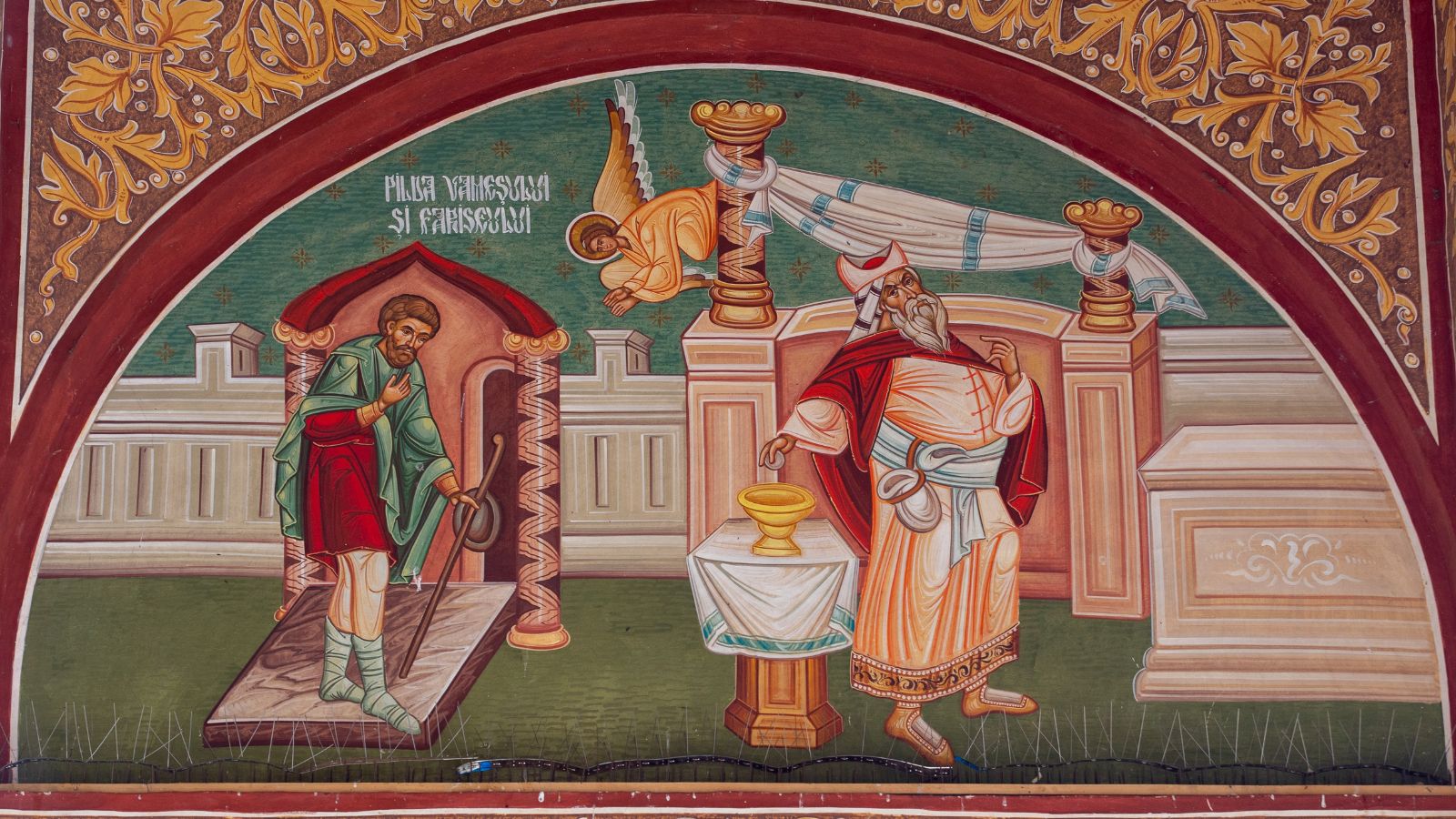
(Luke 18:9–14) The parable warns against self-righteousness and religious pride. The humble tax collector, not the boastful Pharisee, went home justified before God. Righteousness comes from repentance, not religious performance.
The Parable of the Talents
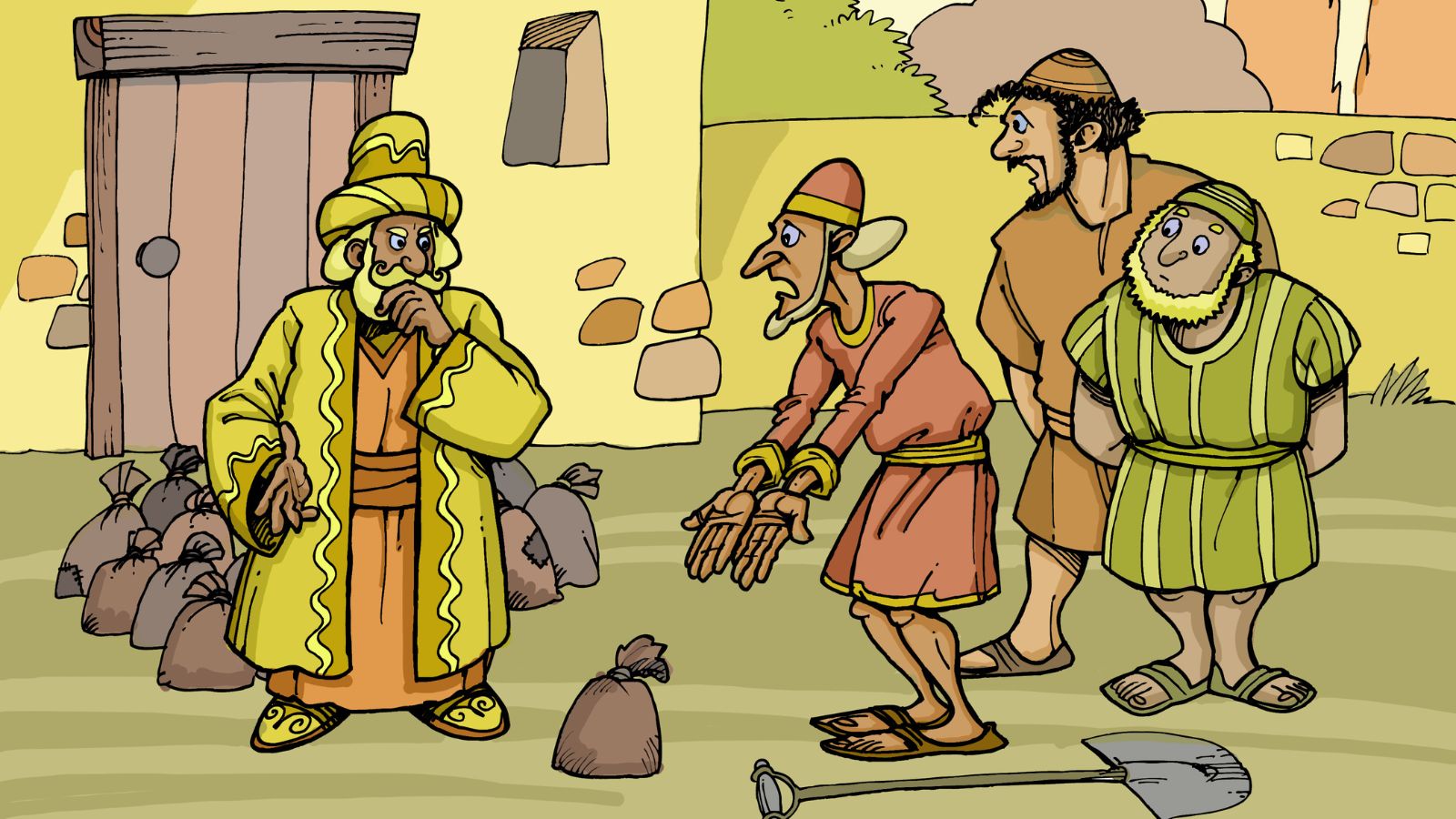
(Matthew 25:14–30) This is not about utilizing natural abilities but faithfully stewarding and multiplying what God has entrusted, including the Gospel message. Neglecting to put God’s gifts to work for His kingdom has consequences.
The Parable of the Mustard Seed

(Matthew 13:31–32) Some believe the birds nesting in the branches represent evil infiltrating the church. But Jesus’s point is that the kingdom of God starts small and seemingly insignificant yet grows to have a global impact. The BBC suggests, “The birds represent Gentile people. Jesus is saying that the Kingdom of God will include other nations and not just God’s chosen people, the Jews.”
The Parable of the Sheep and the Goats
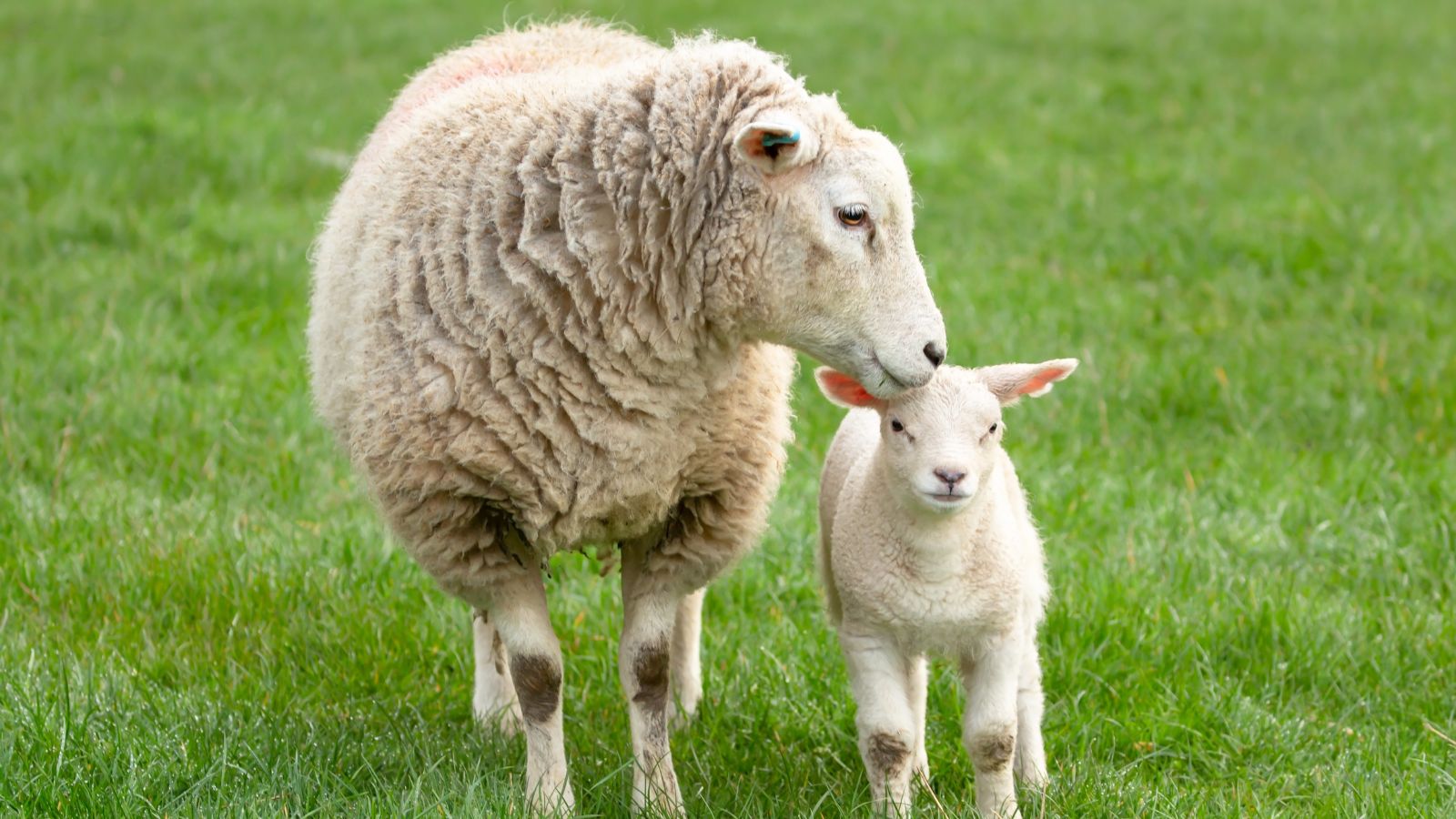
(Matthew 25:31–46) This is not teaching salvation by works. The righteous are those who demonstrate their faith by caring for the needy and vulnerable, not those trying to earn salvation. Their compassion confirms their relationship with the shepherd. Today in the Word interprets the story as “These people have a different destiny. True followers of Christ, the sheep, are given eternal life and welcomed into God’s kingdom. The goats, false followers, are sent to eternal fire and punishment.”
The Parable of the Workers in the Vineyard

(Matthew 20:1–16) The parable is not about economic justice but God’s generosity and grace. From an earthly perspective, the landowner seems unfair. But in God’s kingdom, He has the right to dispense grace as He chooses.
The Parable of the Rich Man and Lazarus
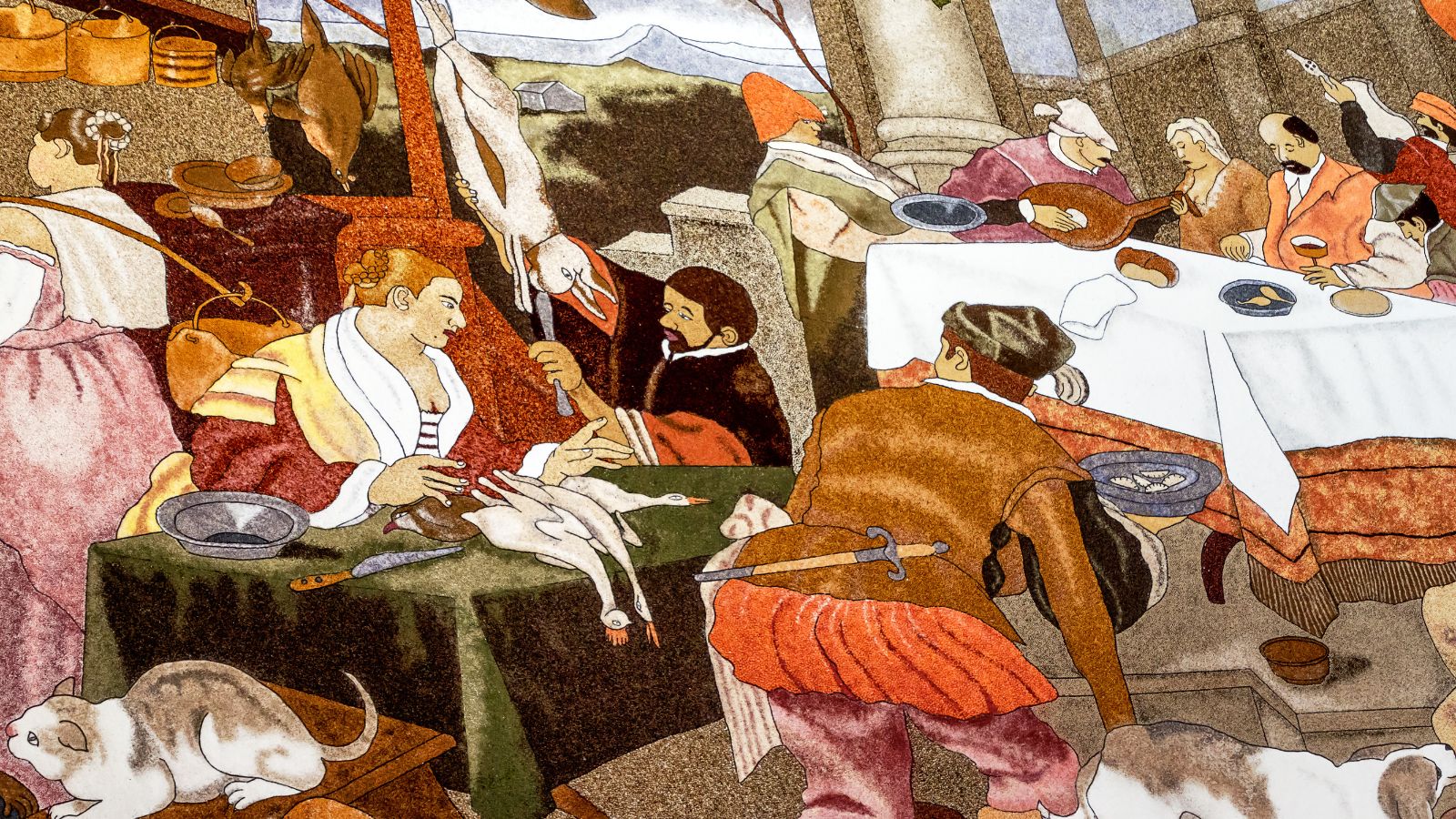
(Luke 16:19–31) This is not a literal description of the afterlife. It warns against callous indifference to the poor and finding security in wealth. In God’s kingdom, there will be a reversal of earthly status. “Death is a leveller for rich and poor,” Green Bridge summarizes.
The Parable of the Unjust Steward

(Luke 16:1–13) Many struggle with Jesus seemingly commending dishonesty. But His point is that believers should be shrewd in using worldly wealth to invest in people and the eternal kingdom, not that they should be unethical.
The Parable of the Great Banquet
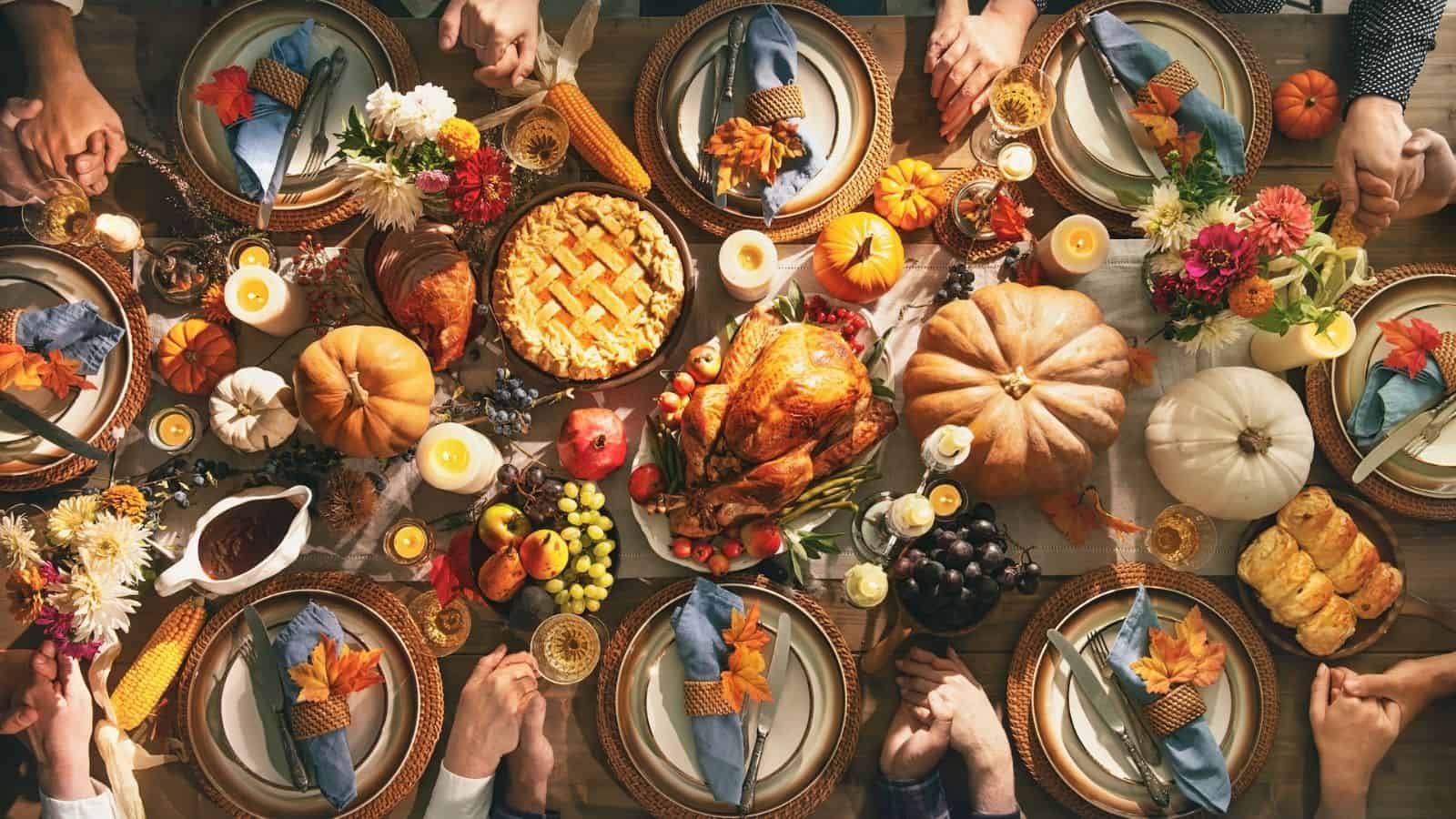
(Luke 14:15–24) This is about more than just people rejecting an invitation. It illustrates how many reject God’s gracious invitation to His kingdom because they are preoccupied with earthly matters. This parable shows that the Kingdom of God is open to everyone, not just the Jews. At the parable’s end, we see an interaction between the king and a man who is not dressed appropriately. Ultimately, God fills His banquet table with the outcasts of society.
The Parable of the Ten Virgins
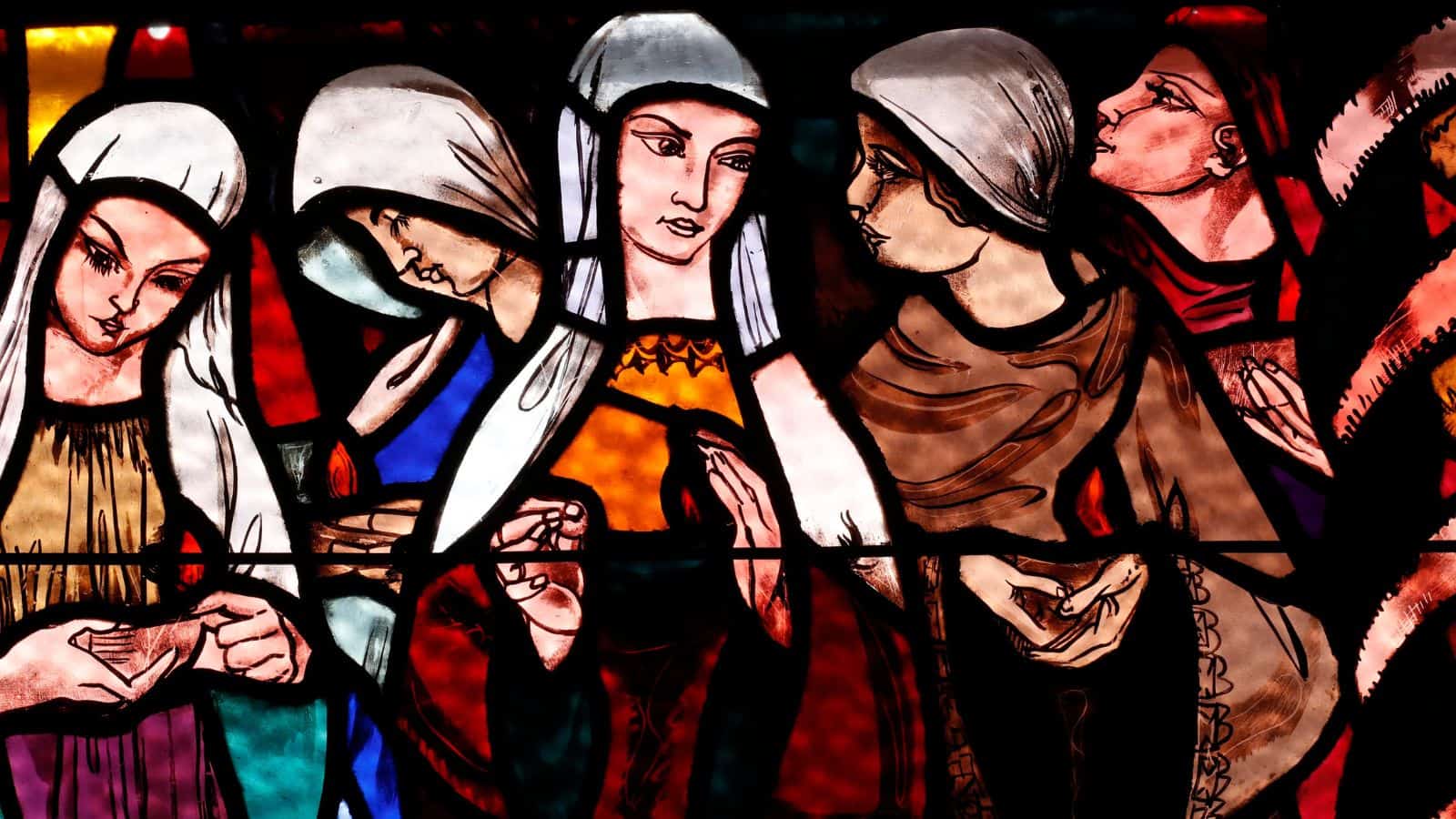
(Matthew 25:1–13) The parable warns against being unprepared for Christ’s return. The oil likely represents the Holy Spirit or genuine faith. The foolish virgins looked like believers outwardly but were not ready inwardly.
The Parable of the Unmerciful Servant
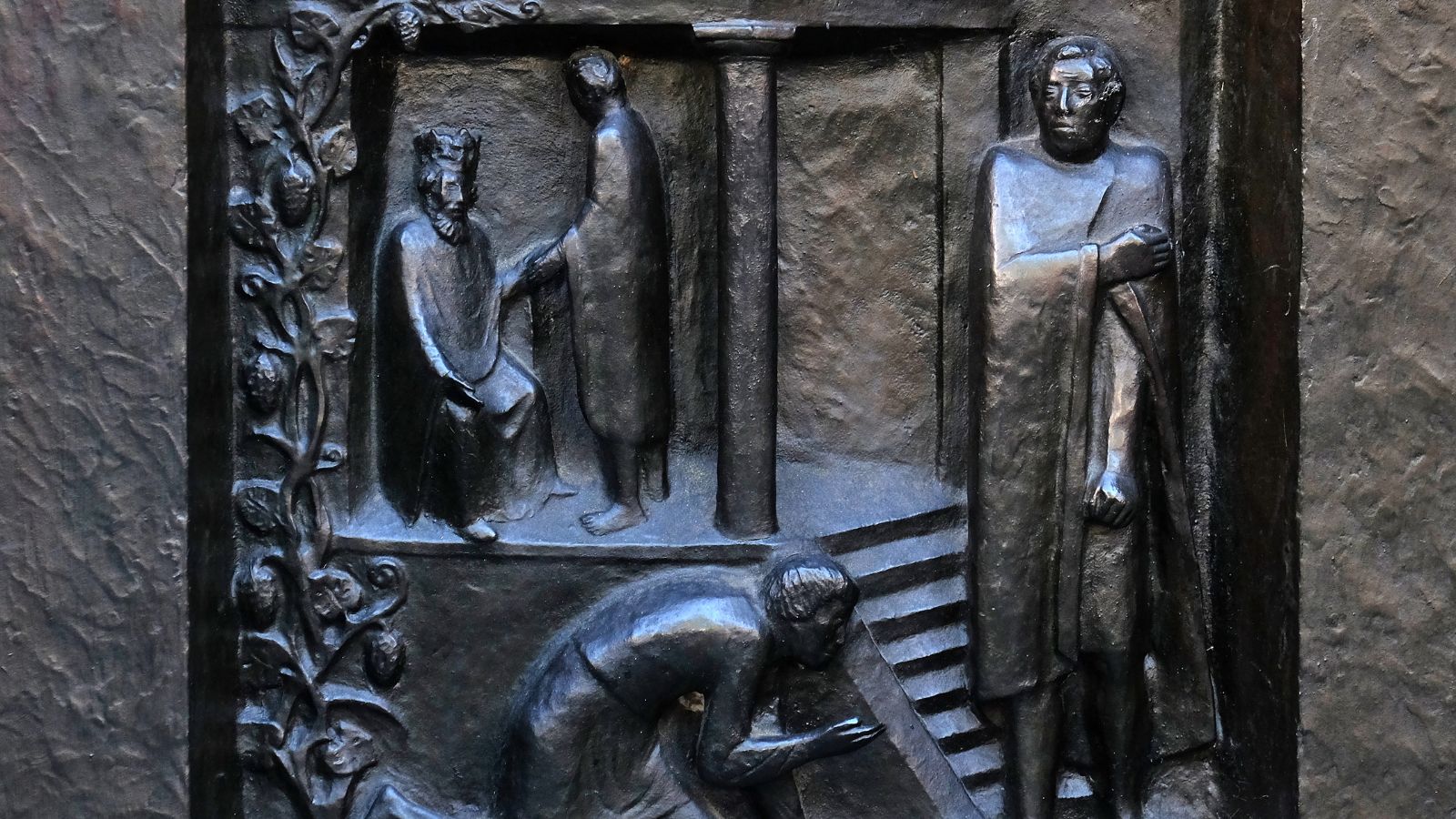
(Matthew 18:21–35) “It details the story of a servant who was forgiven a massive (unrepayable) debt, only to refuse forgiveness to another servant who owed a relatively small debt,” according to Study.com. This parable is in response to Peter’s question about forgiveness. It shows the seriousness of an unforgiving heart in light of the outstanding debt God has forgiven us. Receiving God’s forgiveness should lead to forgiving others.
The Parable of the Lost Sheep
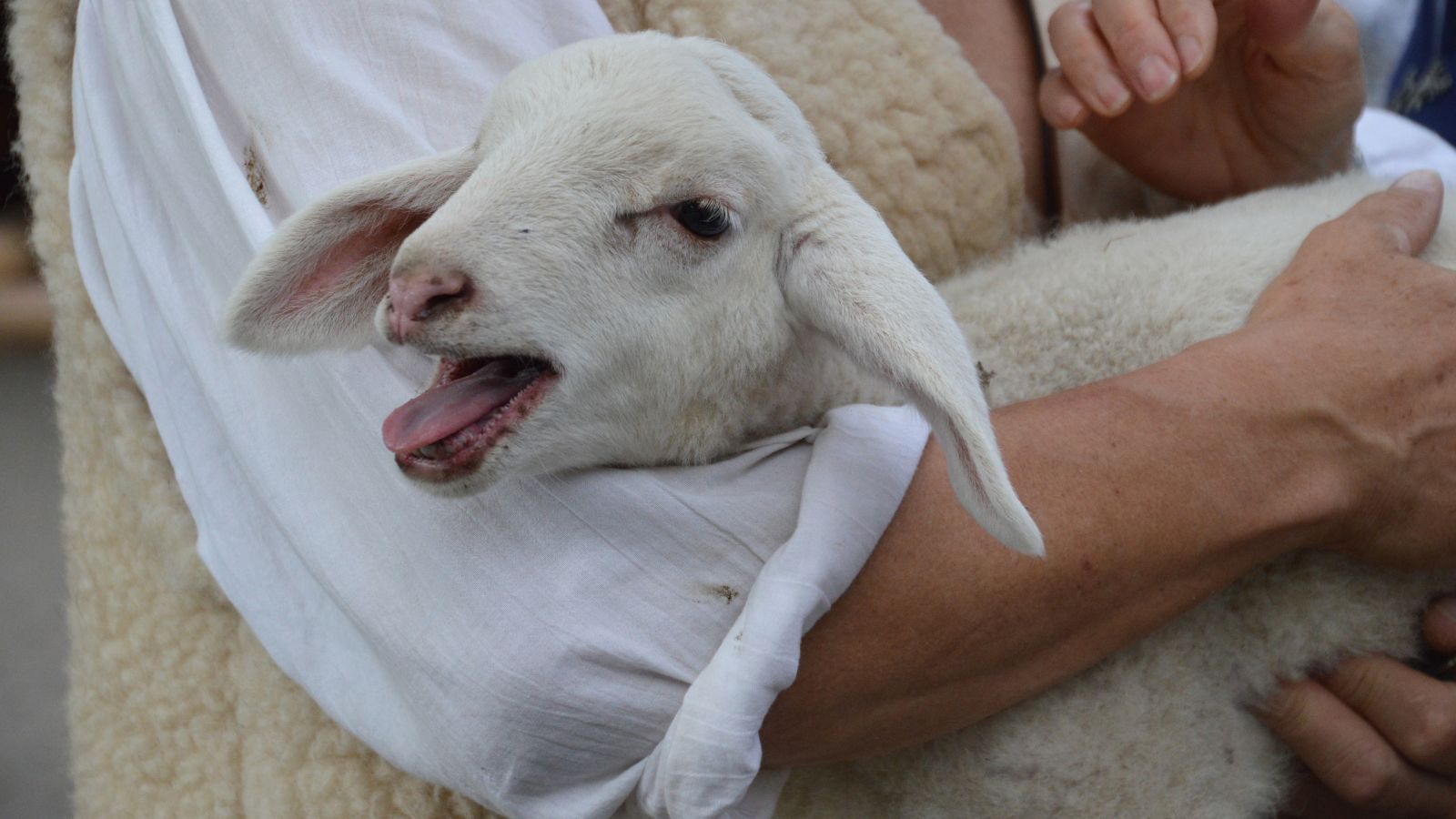
(Luke 15:1–7) Some believe this parable excludes “good” people. But the 99 sheep likely represent the self-righteous Pharisees, not believers. The point is God’s great joy in saving the lost who recognize their need for Him.
The Parable of the Two Sons

(Matthew 21:28–32) Many focus on the first son’s change of mind. But Jesus’s main point is that the religious leaders, like the second son, were giving lip service to God while tax collectors and prostitutes were entering the kingdom ahead of them through repentance.
The Parable of the Growing Seed

(Mark 4:26–29) This parable is unique to Mark. Some see it as a picture of the believer’s growth. But in context, it more likely illustrates the mysterious yet unstoppable growth of God’s kingdom, even though the process is not fully understood.
Up Next: 18 Reasons Why Men Get Grumpier As They Age

You might read this and be able to relate, or you may feel you’ve become grumpier the older you’ve gotten. Or maybe you know of a male friend or relative who has. Here are 18 reasons why men get grumpier as they age.
18 Reasons Why Men Get Grumpier As They Age
17 Products Millennials Refuse to Buy and It’s Affecting the Economy

Millennials have been the center of so much media attention due to their spending habits. Their unique ways of spending have built up and crushed many traditional industries. In this article, we look at 17 things millennials stopped buying and how that has impacted society.
17 Products Millennials Refuse to Buy and It’s Affecting the Economy
Where Even Truck Drivers Won’t Stop

Truck drivers tend to be hardy souls—well-seasoned travelers who aren’t often afraid to rest up or refuel in risky locations. However, there are certain U.S. locations that even the most road-weary trucker refuses to stop at for fear of criminal activity or natural dangers. Here are 17 such locations that even experienced truck drivers approach with trepidation (or not at all).
